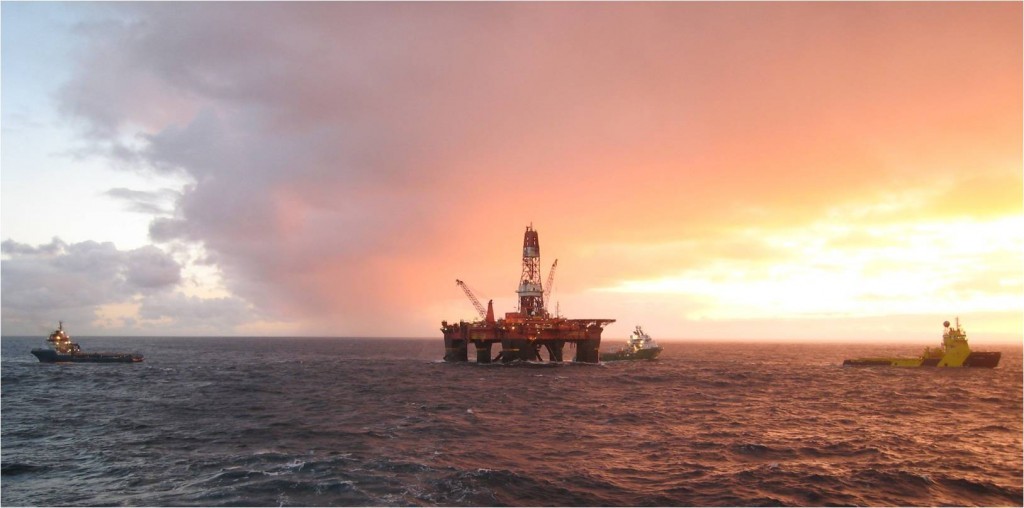
A three-pronged approach comprising tax incentives and cuts as well as industry cost reduction could increase North Sea production by as much as 3 billion barrels of oil by 2050, a new report has shown.
The research paper, by leading petro-economist Professor Alex Kemp and Linda Stephen, also showed how a combination of tax cuts and incentives, plus a 15% cut in industry costs, would see firms invest a further £22billion in field development as well as spend a further £23.4billion in operating costs than if things stayed as they were today.
Professor Kemp and his associate worked out a range of scenarios affecting North Sea economics ahead of tomorrow’s budget, which is expected to provide some relief for beleaguered oil and gas producers.
The industry is expecting the Chancellor of the Exchequer to unveil some new investment allowance incentives in the budget that will help boost exploration – and hopes that he might even roll back some or all of the supplementary tax charge which angered the North Sea when it was ratcheted up in the 2011 budget.
Professor Kemp’s paper, which was submitted in response to the Treasury’s consultation on an “Investment Allowance for Supplementary Charge” in the UKCS, found that the North Sea would not be as well off on just cutting costs alone.
It found that the combination of “tax incentives and costs savings can result in investment, production and even operating expenditures being significantly higher than they would be without the cost savings”.
“By implication, longer term employment would also be higher than before the cost savings,” it added.
Under the current tax system and before cost reduction, the paper found that production was expected to reach 11.9billion barrels of oil equivalent (boe) by 2050, with field development costs (in 2014 prices) reaching £135billion.
In comparison, the full range of measures – including a 15% cost savings, an investment allowance for supplementary charge at 62.5%, and a reduction in the supplementary charge to 20% – would provide a significant boost. In this case, production would increase by 2.8billion barrels of oil to 14.7billion boe; field development costs would reach £103.4billion; while operating costs would be £158.4billion – an increase of £23.4billion on the current scenario.
The paper concluded: “It is arguable that a combination of the changes discussed has merit. In short they reinforce each other.
“Thus the cost reductions increase taxable incomes while the tax reductions increase the returns to cost savings implemented by licensees.
“The investment allowance, while valuable, cannot by itself transform the economic environment in the UKCS and needs to be reinforced by other measures.”
Recommended for you

